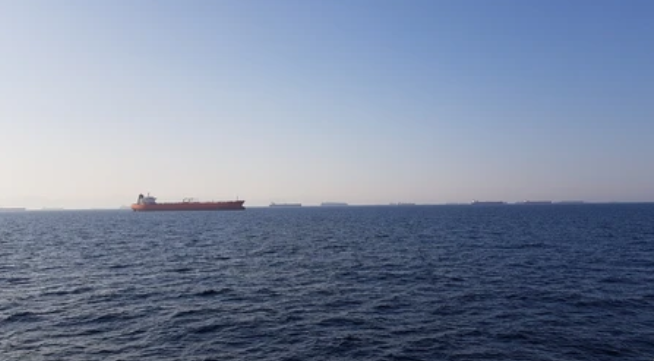As tensions rise following recent conflict between Israel and Iran, concerns over the security of the Strait of Hormuz—one of the world’s most vital oil trade routes—are front and center for the global logistics industry.
Read also: Could Iran Blockade the Strait of Hormuz?
Merchant ships are being urged to avoid waters near Iran, while the U.S. has called on China to use its influence to prevent any attempts by Iran to shut down the Strait. The threat has already impacted maritime operations, with over 900 vessels experiencing serious navigation system disruptions in the Strait of Hormuz and the Persian Gulf.
Speculation has grown that Iran might try to block the waterway in retaliation against its rivals. Any interruption to oil shipments through the Strait could send energy prices soaring, increase freight costs, and cause major delays across global supply chains.
Still, many experts believe a full closure remains unlikely. Ian Baxter, Founder and Chair of Baxter Freight, a global logistics firm, outlined several reasons why Iran would likely avoid such a drastic move.
“A closure would invite a strong military response from the U.S. and its allies,” Baxter said. “It would also damage the interests of Iran’s own partners by disrupting oil and LNG supplies, and it would harm Iran’s own economy by cutting off its exports and imports.”
Baxter emphasized the importance of resilience and forward planning in logistics during times of geopolitical uncertainty. He pointed to past disruptions—such as Brexit, the Suez Canal blockage, and the war in Ukraine—as examples of the industry’s ability to adapt under pressure.
“There are always ways to keep freight moving,” he noted. “The key is finding the right balance of cost and flexibility.”
He outlined a range of strategies logistics providers might consider: rerouting shipments, using less congested ports, adopting sea-air transport, increasing stockpiles, adjusting Incoterms to shift risk, or even temporarily pausing shipments.
Meanwhile, the conflict has driven up shipping insurance premiums for vessels operating in the Red Sea and Persian Gulf, adding another layer of complexity for operators in the region.
Despite the current volatility, industry leaders remain focused on staying agile and minimizing disruption—preparing for any scenario, even if the worst-case outcome appears unlikely.

